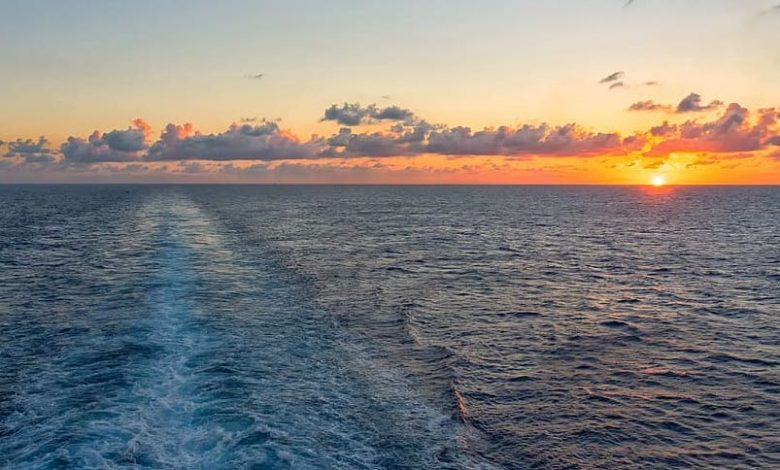Asia
The reality behind EMSA’s audit of Philippine crew institutions

Manila: A leading Philippine shipping commentator discusses with SeaShip News today the implications of the European Maritime Safety Agency (EMSA) second audit of Philippine training institutes and their STCW compliance. EMSA is in the archipelago this week assessing the nation’s training facilities.
Barista Uno, who runs the influential Manila-based Marine Café Blog, spoke with SeaShip News, and had both good and bad news for those following the Philippine crewing audit closely. Questions and answers are carried below.
How do you see the EMSA audit turning out?
As a Filipino, I naturally share everyone's wish that the country would get the thumbs up. But the EMSA inspectors are a professional bunch. They will do what they need to do.
Is there anything to worry about?
Major reforms have been carried out in the Philippines' system of STCW administration. Two things, however, are still cause for concern. First, the lack of a national standard instrument for the assessment, both knowledge- and competency-based, of seafarers' proficiency. Second, the perceived conflict of interest amongst some of those supervising and inspecting maritime schools and training centres. I don't know how much weight EMSA will give to these areas.
Do you believe that the EU would ever impose a ban?
The proposed withdrawal of recognition by the European Commission (EC) of Filipino certificates is still on the table. If the EMSA team is satisfied with most of the reforms they see, then there will be less reason for the EC to push through with the plan.
Is it true, as you've suggested in your blog, that the impact of an EU ban has been exaggerated?
People should realise that a hypothetical ban would affect only Filipino officers on EU-flagged vessels. It won't cover Filipino ratings on those ships or hotel personnel of EU passenger vessels. My understanding is that hardly 500 Filipino officers have their certificates endorsed by EU maritime administrations every year. In case of a ban, Filipino officers who have valid endorsements will still be able to work on board EU vessels. In the end, as few as 2,000-3,000 officers could be affected, far less than the 70,000 figure banded around by some.
Why then has the prospect of an EU ban generated a lot of anxiety and even fear?
The real danger from an EU ban is the possibility that a major FOC registry would follow suit and derecognise Philippine seafarer certificates. As you know, this happened in the case of Georgia. But unlike Georgia, the Philippines is a major crew supplier. The European Commission will not want to trigger the loss of international confidence in the country – which should be a plus factor for the Filipinos. [11/10/13]
RELATED STORIES:
